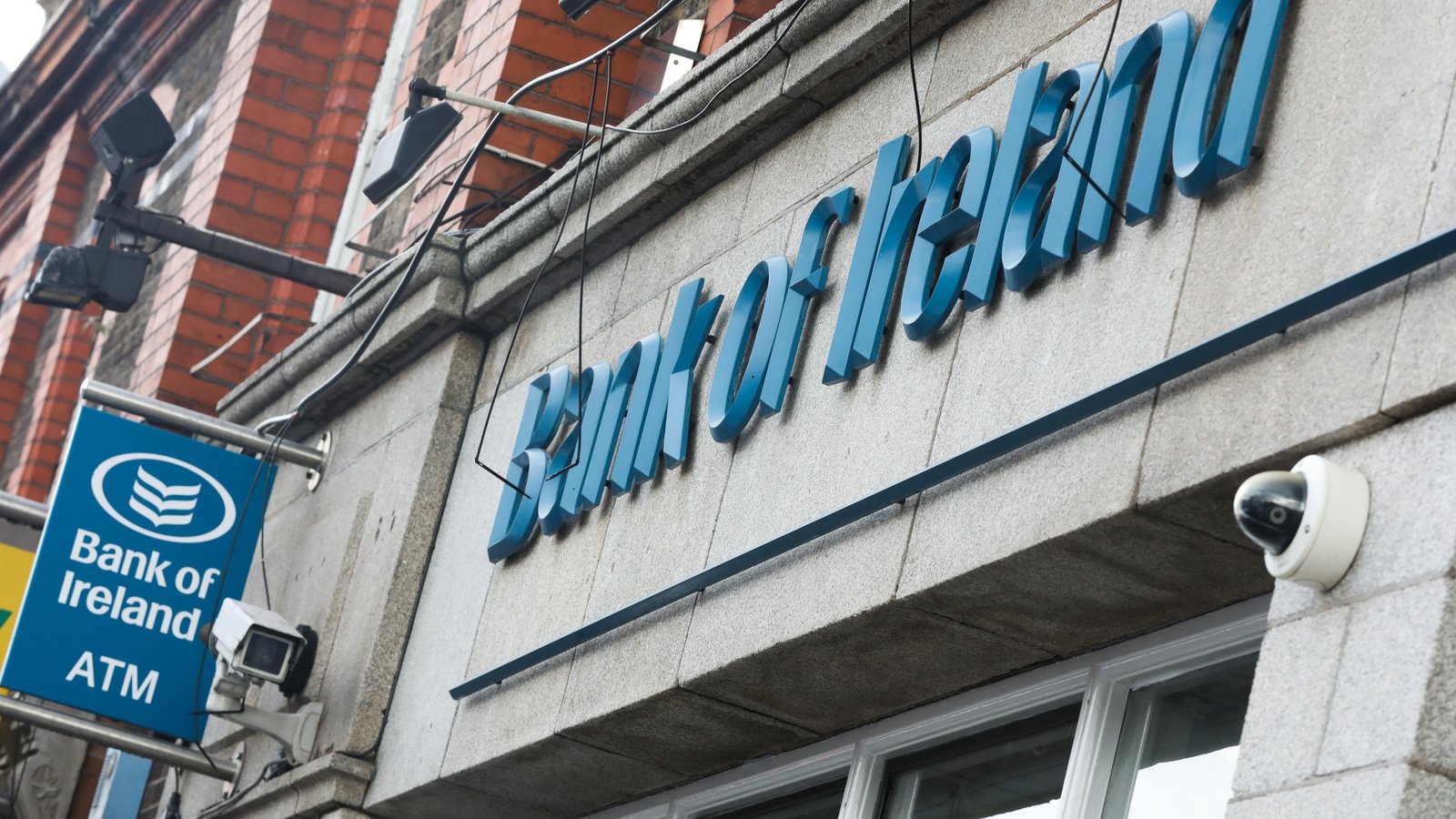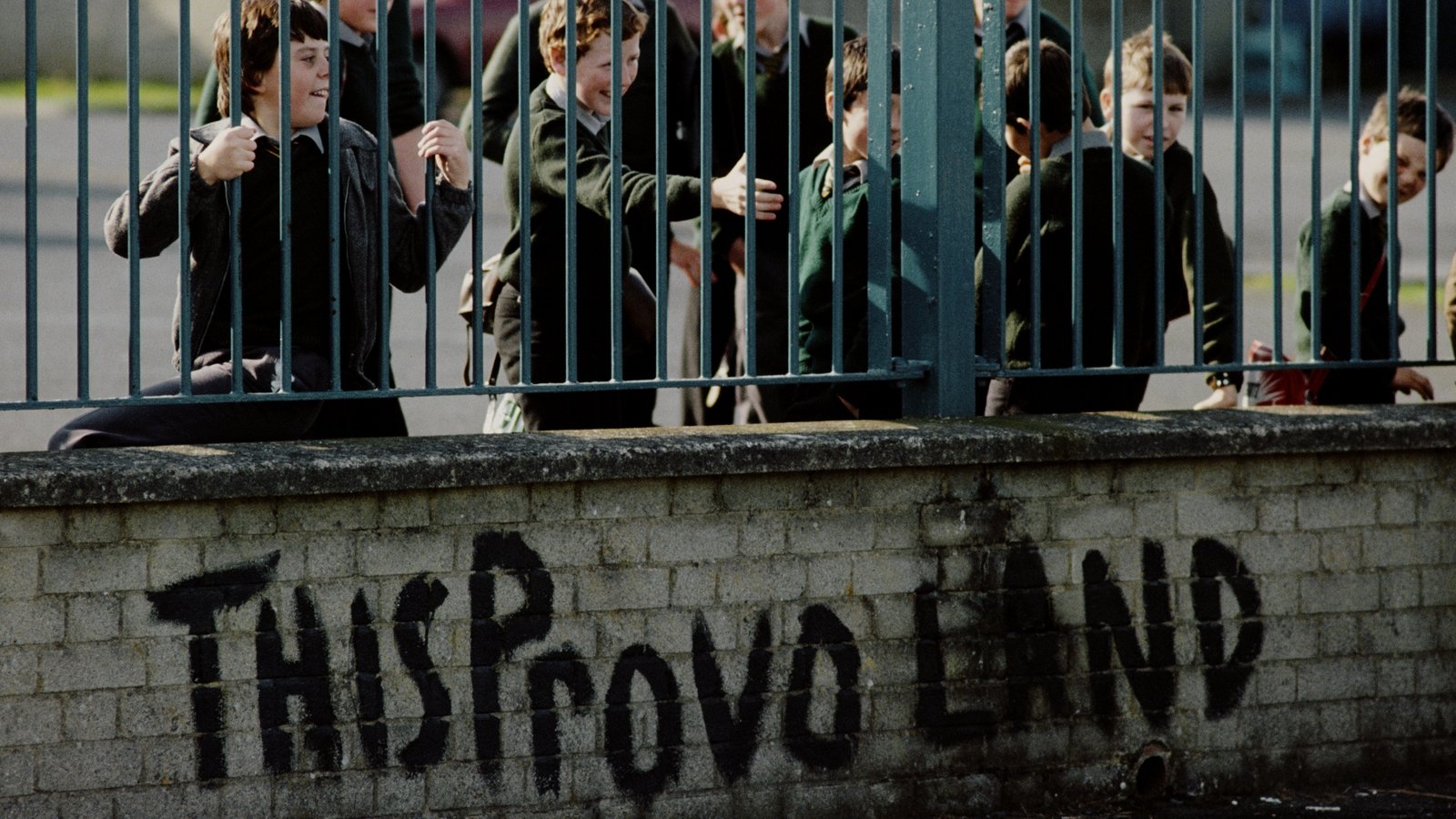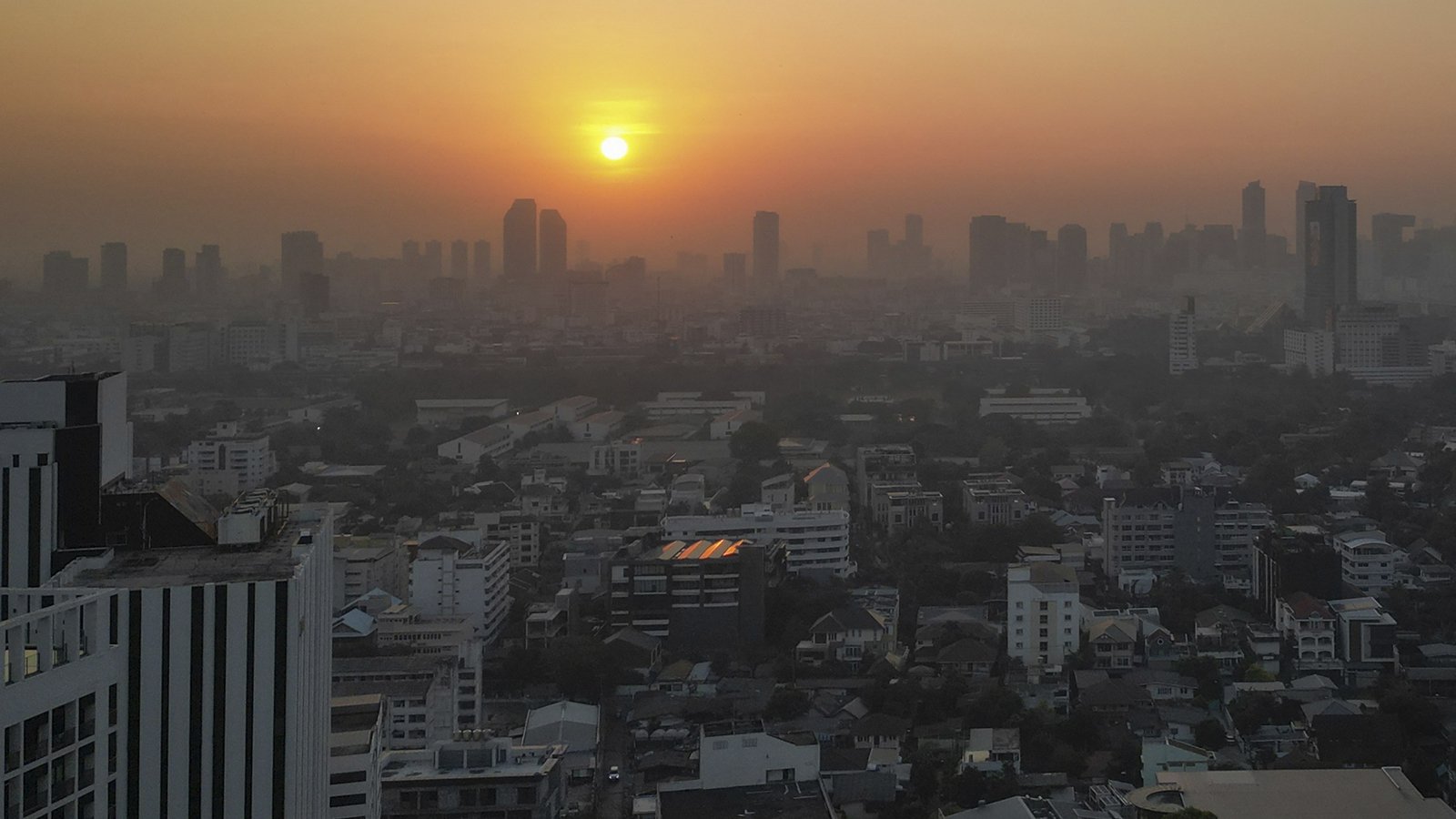Taiwan swears in new president as China pressure grows

Taiwan’s Lai Ching-te was sworn in as president of the democratic island in the face of growing Chinese military pressure and a hostile parliament.
China claims Taiwan as part of its territory and has branded the 64-year-old a “dangerous separatist” who will bring “war and decline” to the island.
Mr Lai succeeds President Tsai Ing-wen, whose eight years in power saw a sharp deterioration in relations with Beijing over her rejection of China’s claim.
Like the former president, Mr Lai is a staunch defender of the island’s democracy and in the past has described himself as a “pragmatic worker for Taiwan independence”.
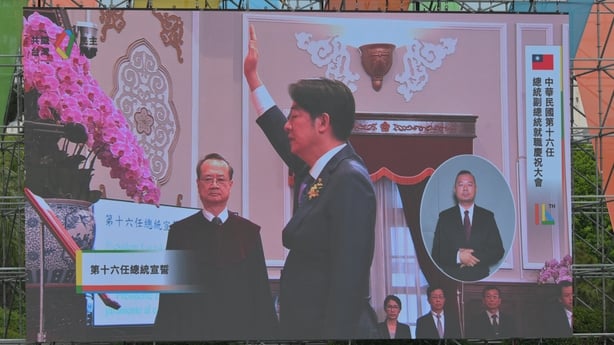
Mr Lai has toned down his rhetoric and has repeatedly vowed to maintain the “status quo” on the Taiwan Strait, which means preserving Taiwan’s sovereignty while not declaring formal independence.
The inauguration ceremony was held at the Japanese colonial-era Presidential Office Building in Taipei, where Mr Lai and his vice president-elect Hsiao Bi-khim were sworn into office shortly after.
Mr Lai and Ms Hsiao, arguably better known on the global stage due to her former role as Taiwan’s top envoy to the US, are both part of the Democratic Progressive Party (DPP), which has championed Taiwan’s sovereignty.
Mr Lai will deliver his inaugural speech, which will be scrutinised for clues on how he will handle the island’s delicate relationship with China, in front of thousands of people outside the presidential office.
Eight heads of state and representatives of 51 international delegations were invited, including from the United States, Japan and Canada, in a show of support for the Taiwan’s democracy.
More defence spending
With only 12 allies, Taiwani lacks diplomatic recognition on the world stage.
However it has its own government, military and currency, and the majority of the 23 million population see themselves as having a distinct Taiwanese identity, separate from the Chinese.
Following in Ms Tsai’s footsteps, Mr Lai is expected to boost defence spending and strengthen ties with democratic governments, especially with the US, Taiwan’s key partner and weapons supplier.
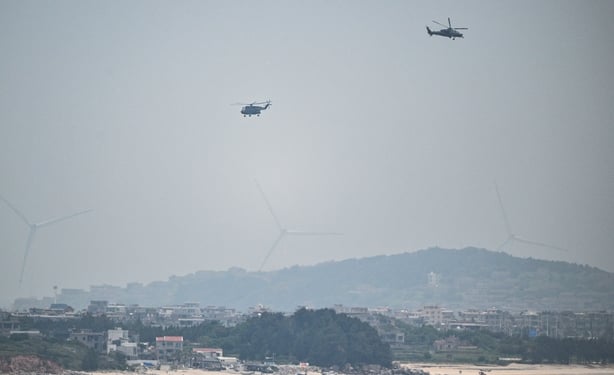
China has long threatened to use force to bring Taiwan under its control, especially if the island declares independence.
Ahead of Mr Lai’s inauguration, China’s Taiwan Affairs Office, which handles cross-strait issues, called “Taiwan independence and peace in the strait… like water and fire”.
Chinese warplanes and naval vessels maintain a near-daily presence around the island.
Mr Lai has made overtures for resuming high-level communications with China, which China severed in 2016 when Ms Tsai took power, but experts say they are likely to be rebuffed.

